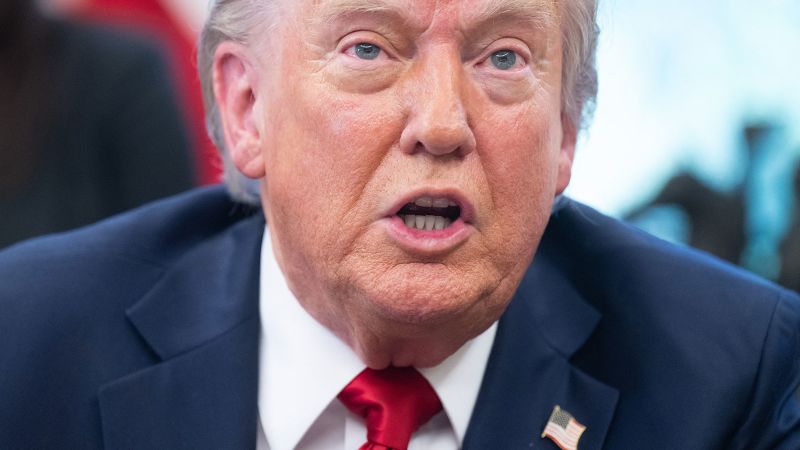## Trump’s Balancing Act: Peace in Ukraine or Profits in China?
Donald Trump promised to “make America great again,” but his approach to foreign policy during his presidency often felt less like a grand strategy and more like a high-wire act. This article dives into two seemingly disparate policy areas that defined his time in office: his attempts to broker peace between Russia and Ukraine, and his escalating trade war with China. Did Trump prioritize American interests, or did he play a dangerous game of geopolitical chess with stakes that continue to resonate today?
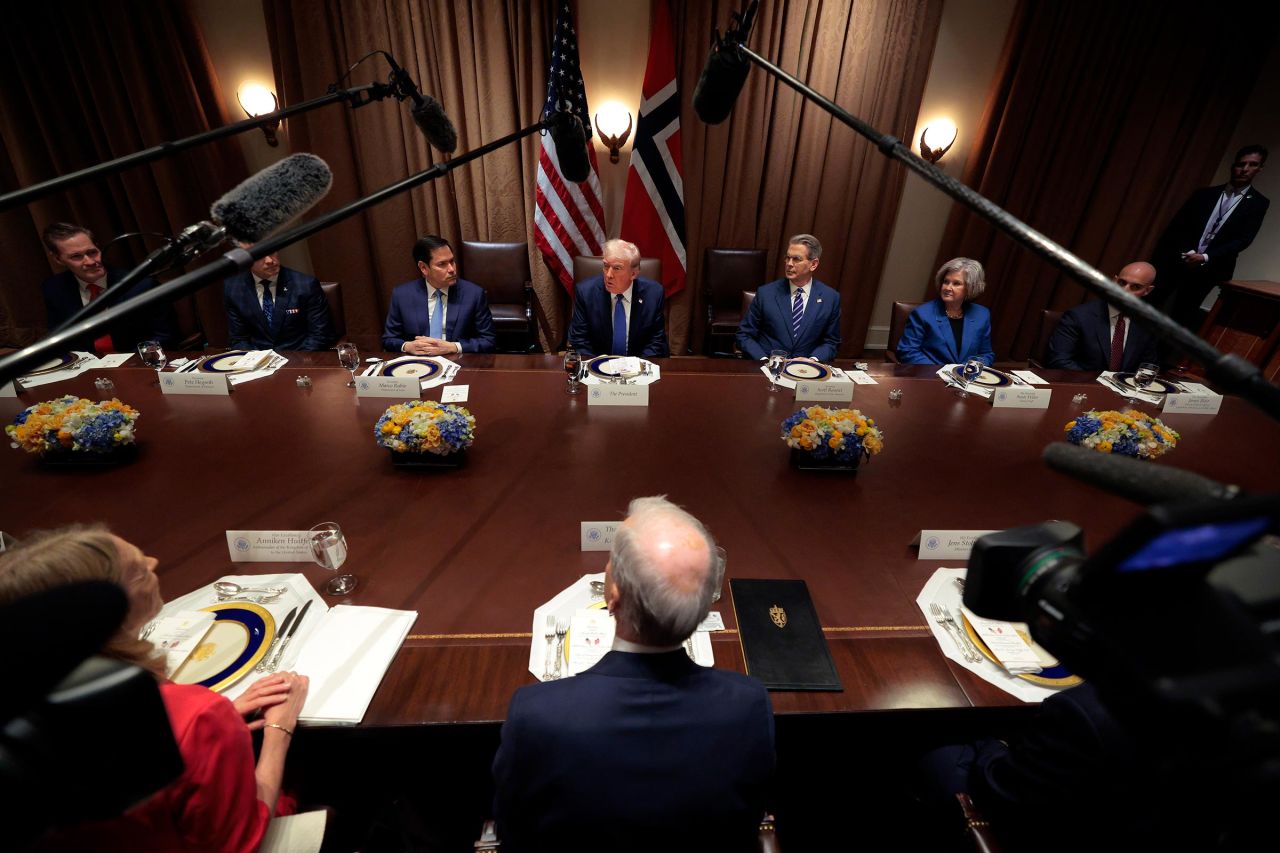
Semiconductors at the Crossroads
Impact of the US-China Trade War

The escalating US-China trade war has sent shockwaves through the global semiconductor industry, a sector vital to modern technology and economic growth. As the world’s largest consumer and manufacturer of electronics, China’s demand for semiconductors is immense. The US, home to some of the world’s leading chipmakers, has long been a key supplier. However, the trade war has created uncertainty and disrupted supply chains, impacting both countries.
The imposition of tariffs by both sides has increased the cost of semiconductors, making them less accessible and potentially hindering innovation. This has forced companies to reevaluate their sourcing strategies, explore alternative suppliers, and invest in domestic production.
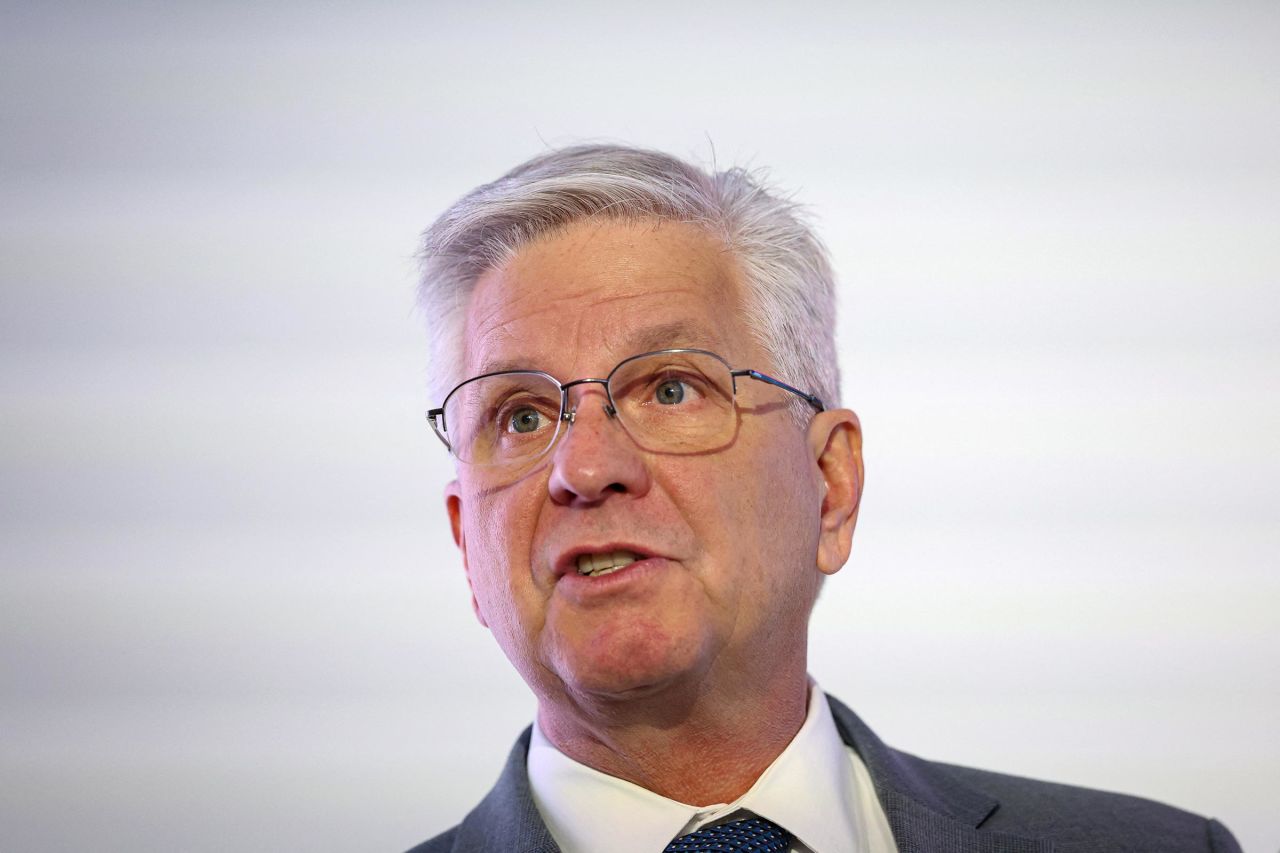
China’s Exemptions: Vulnerability and Strategic Maneuvering
In a surprising move, China recently granted exemptions on tariffs for some US-made semiconductors. This suggests that while Beijing has projected an image of strength, it might be feeling the pressure of the trade war on its tech sector. The exemptions likely aim to secure access to critical chips for its domestic industries, especially those involved in national security and strategic technologies.
The specific semiconductors exempted are crucial for various applications, including smartphones, computers, and artificial intelligence. This highlights the interdependence between the two economies and the potential for economic damage from prolonged trade tensions.
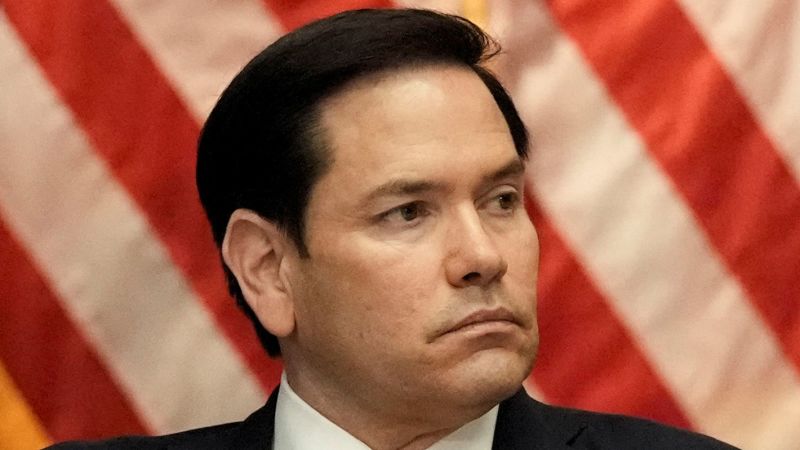
Economic Fallout
Impact on Businesses and Consumers
The trade war has had a ripple effect on businesses and consumers in both the US and China. US companies, particularly those in manufacturing and technology, have faced increased costs for components and materials sourced from China. This has led to higher prices for consumers and reduced profitability for businesses.
Chinese businesses have also been affected, with reduced access to US markets and technology. This has hampered their growth and innovation, particularly in sectors like semiconductors and consumer electronics.
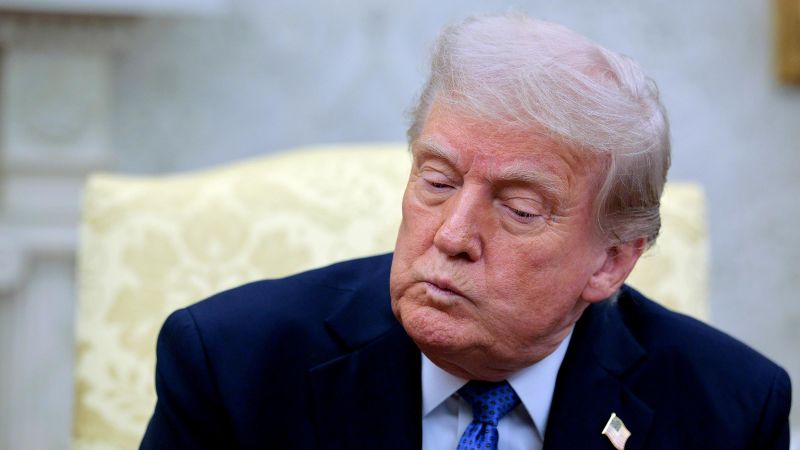
Global Economic Consequences
The trade war has cast a shadow over the global economy. It has disrupted supply chains, reduced investment, and increased uncertainty. The World Trade Organization has warned that the trade war could lead to a significant slowdown in global economic growth.
The semiconductor industry, being a key driver of global technology and innovation, is particularly vulnerable to the trade war’s disruptions. A prolonged conflict could stifle technological advancement and have long-term consequences for economic growth.

Long-Term Implications
US-China Relationship
The trade war has significantly strained the US-China relationship. The two countries have engaged in a tit-for-tat exchange of tariffs, accusations, and threats. This has eroded trust and created a climate of hostility, making it difficult to address other pressing global issues.
The long-term implications for the US-China relationship are uncertain. A resolution to the trade war would require both sides to make significant concessions and rebuild trust. However, the deep-seated ideological and strategic differences between the two countries make a lasting peace agreement difficult to achieve.
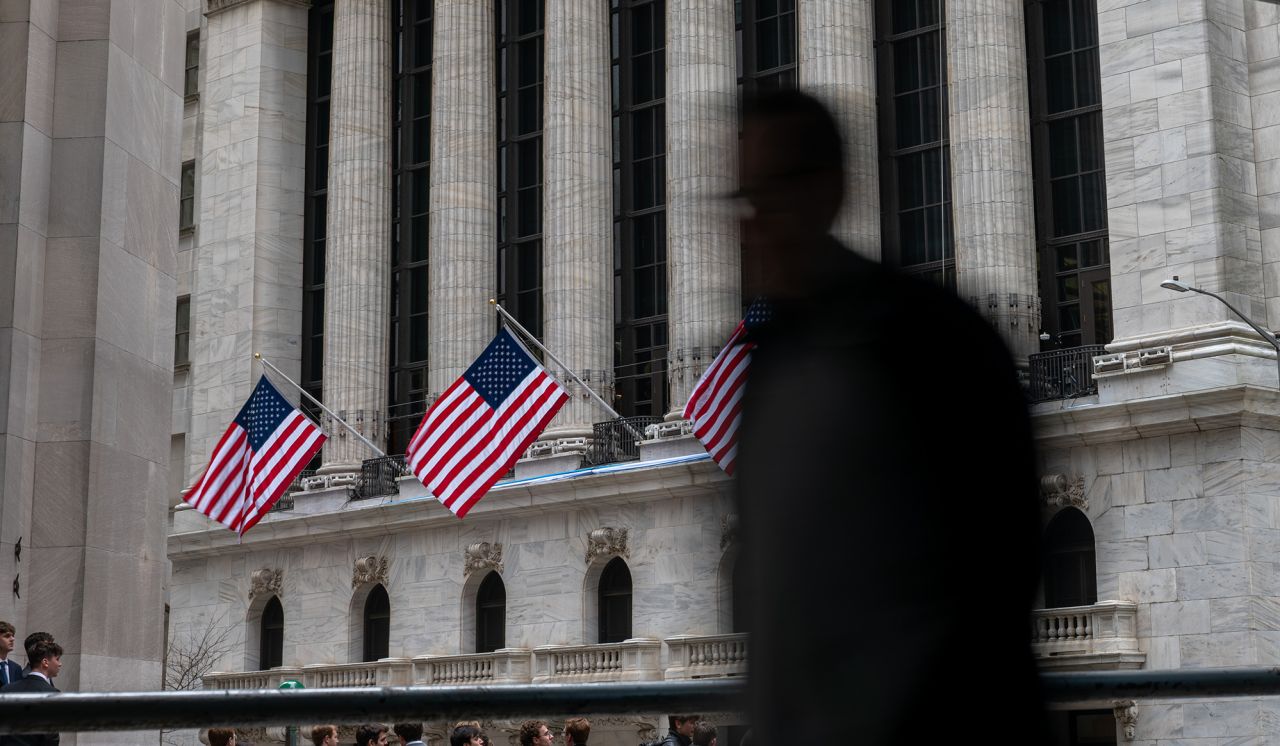
Global Economic Order
The trade war has also challenged the existing global economic order. It has highlighted the fragility of international trade and the potential for countries to pursue protectionist policies. This could lead to a more fragmented and less prosperous world.
A more multipolar world, with less reliance on international institutions and agreements, could emerge. This could have significant implications for global stability and cooperation.
Internal Dynamics: The Power Play
Political Theater
Domestic politics have played a significant role in shaping Trump’s foreign policy decisions, particularly in his dealings with China. Trump has used the trade war as a tool to appeal to his base and demonstrate his toughness on trade. He has often made grandiose claims about the success of his policies, even when evidence suggests otherwise.
Trump’s rhetoric has further inflamed tensions with China, creating a climate of hostility and making it more difficult to find common ground. His actions have also raised questions about the stability of US foreign policy and its commitment to international institutions.
Shifting Alliances
Trump’s policies have had a significant impact on US alliances and partnerships, particularly with traditional allies in Europe and Asia. His “America First” approach has led to a decline in US credibility and a perception that the US is no longer a reliable partner.
Some countries, particularly those with economic ties to China, have been hesitant to take a strong stance against China. This has created a more fragmented and less predictable global order, with a greater risk of conflict.
The Legacy of Trump
The long-term consequences of Trump’s presidency on US foreign policy and global relations remain to be seen. However, his actions have undoubtedly left a lasting mark on the international landscape. His trade war with China has set a dangerous precedent for future trade disputes and has contributed to a decline in global cooperation.
Whether future administrations will be able to repair the damage to US alliances and restore trust with other countries remains an open question. The legacy of Trump’s presidency will continue to shape US foreign policy for years to come.
Conclusion
Conclusion: A Presidential Legacy Defined by Geopolitical Tensions
As we reflect on the tumultuous tenure of Donald Trump’s presidency, one issue stands out as a defining characteristic of his foreign policy legacy: the complex interplay of Russia-Ukraine peace talks and the trade war with China. Throughout the article, we’ve examined the key points and main arguments surrounding these two pivotal aspects of Trump’s presidency. On one hand, his administration’s efforts to broker a peace deal between Russia and Ukraine aimed to ease tensions between the two nations, while on the other, his aggressive trade policies towards China sparked a global economic firestorm. Our analysis has shown that Trump’s presidency was marked by a delicate balancing act between these two competing priorities, often with mixed results.
The significance of this topic extends far beyond the confines of Trump’s presidency, however. The ongoing Russia-Ukraine conflict and the escalating trade tensions with China have far-reaching implications for global stability, economic growth, and the balance of power in the world. As the international community grapples with the consequences of these developments, one thing is clear: the world order is undergoing a profound shift, and the decisions made by world leaders in the coming years will have a lasting impact on the future of international relations.
As we move forward, one thing is certain: the next chapter in the Russia-Ukraine peace talks and the trade war with China will be shaped by the actions of world leaders, but also by the resilience and adaptability of the global economy. As we navigate this complex and rapidly changing landscape, one question looms large: will we be able to find a path forward that balances competing interests and promotes a more peaceful and prosperous world? The answer will depend on the choices we make, and the decisions of our leaders, in the days and years to come. One thing is clear: the world is watching, and the stakes have never been higher.
